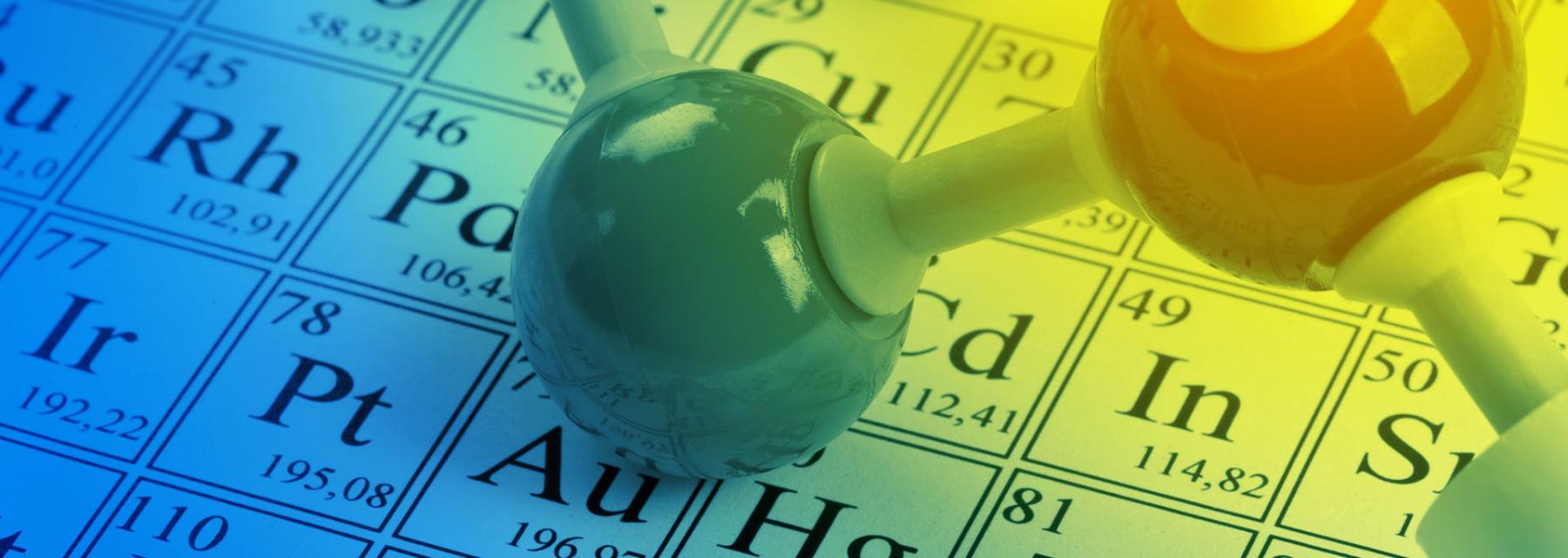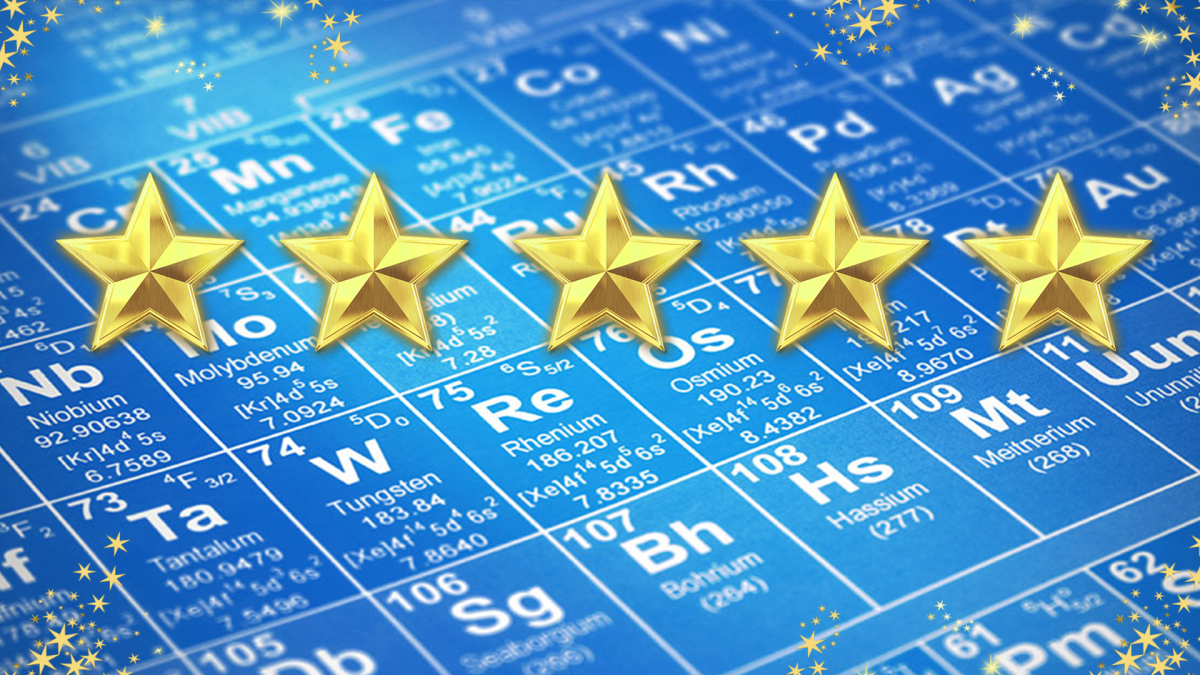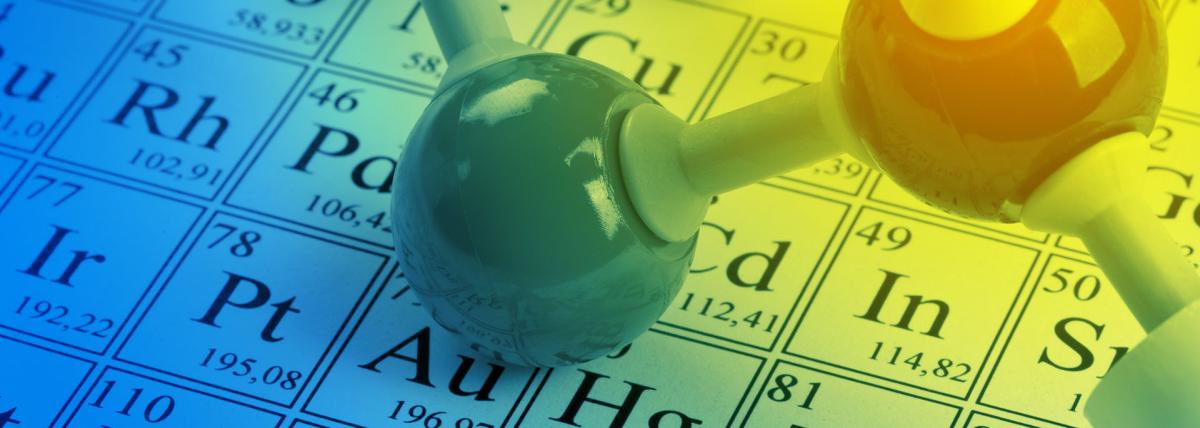
Stoichiometry and Limiting Reagents: Arizona Style
by Janet Anderson
In this lab, students will extract copper from Copper (II) Sulfate using Iron. Students will balance the equation, label the equation, calculate molar mass, calculate the limiting reactant and excess reactant. From this information they should be able to calculate the amount of reactants to use, then predict how much product they should be making from the lab.
Lesson Plan Link/URL
https://docs.google.com/presentation/d/111DevRad3wF3lfqCIIP0vbq_obcvlX1R/edit?u…Subject Area
Science Physical Science P1: Matter Mathematics Operations and Algebraic Thinking (OA) Ratio and Proportion (RP)
Featured
Off
Related Content

Grades:
9th Grade, 10th Grade, 11th Grade, 12th Grade
The first rule in the chemistry lab is “don’t eat or drink or lick anything in the lab”! This lesson breaks those rules and shows students how culinary is really a practical application of chemistry

Grades:
10th Grade, 11th Grade, 12th Grade
Calculating Moles to gram of multiple different compounds to make playdough. Includes easy and advanced practice problems (with answers) and teacher background knowledge. Basic easy ingredients are

Grades:
7th Grade, 8th Grade, 9th Grade, 10th Grade, 11th Grade, 12th Grade
Lesson explores compounds, mixtures and solutions, defining each and what distinguishes them from each other. Students complete a lab as an introduction, use a PowerPoint to refine their knowledge and